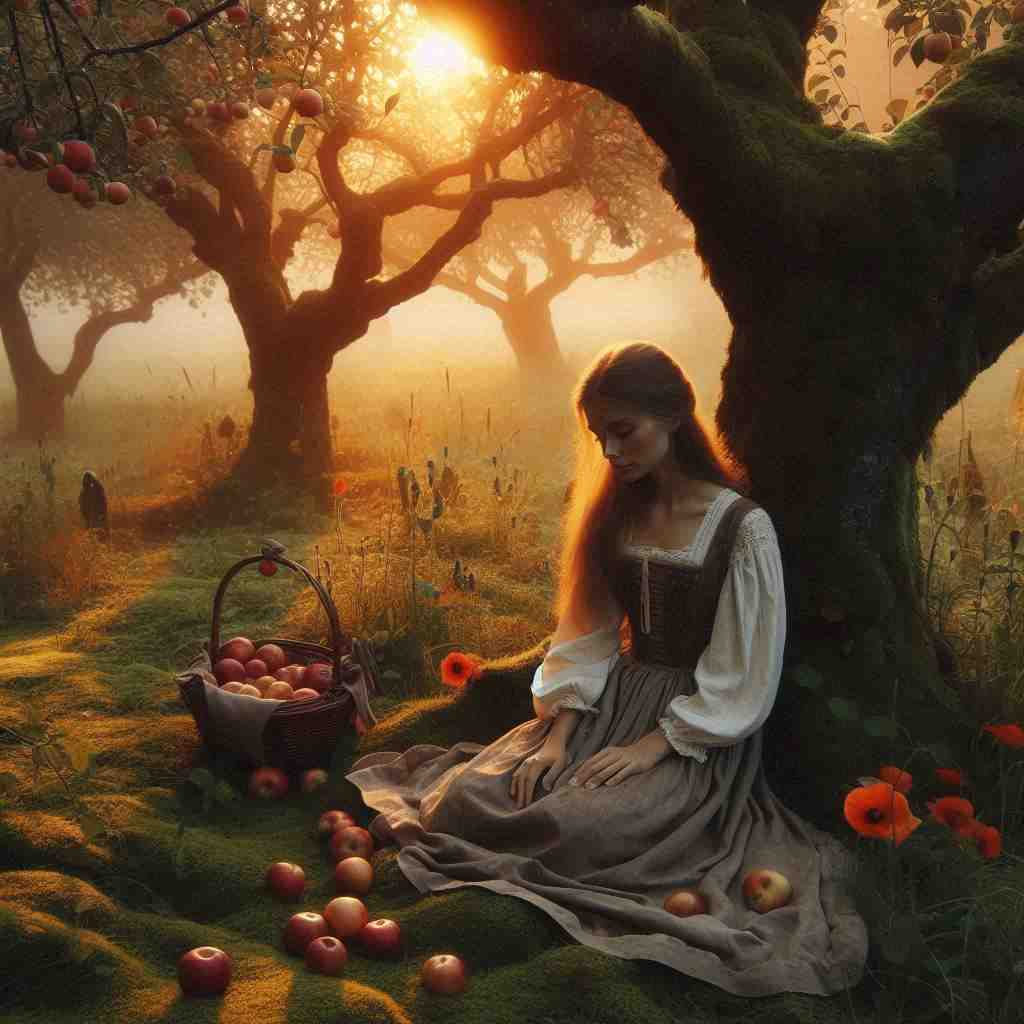To Autumn
John Keats
1795 to 1821

Track 1
Reconstruct the poem by dragging each line into its correct position. You can also use the up (↑) and down (↓) arrows to move a line one place at a time, or the top (⇑) and bottom (⇓) arrows to move a line directly to the top or bottom. Your goal is to reassemble the original poem as accurately as possible. As you move the lines, you'll see whether your arrangement is correct, helping you explore the poem's flow and meaning. You can also print out the jumbled poem to cut up and reassemble in the classroom. Either way, take your time, enjoy the process, and discover how the poet's words come together to create something truly beautiful.
Easy Mode - Auto check enabled
Until they think warm days will never cease,
Thy hair soft-lifted by the winnowing wind;
To swell the gourd, and plump the hazel shells
And touch the stubble-plains with rosy hue;
Spares the next swath and all its twined flowers:
Sometimes whoever seeks abroad may find
And full-grown lambs loud bleat from hilly bourn;
Or sinking as the light wind lives or dies;
Or by a cyder-press, with patient look,
To bend with apples the moss'd cottage-trees,
While barred clouds bloom the soft-dying day,
Steady thy laden head across a brook;
The red-breast whistles from a garden-croft;
Think not of them, thou hast thy music too,—
And still more, later flowers for the bees,
With a sweet kernel; to set budding more,
And fill all fruit with ripeness to the core;
Drows'd with the fume of poppies, while thy hook
And gathering swallows twitter in the skies.
Hedge-crickets sing; and now with treble soft
Conspiring with him how to load and bless
Among the river sallows, borne aloft
Where are the songs of spring? Ay, Where are they?
With fruit the vines that round the thatch-eves run;
Close bosom-friend of the maturing sun;
Or on a half-reap'd furrow sound asleep,
Who hath not seen thee oft amid thy store?
And sometimes like a gleaner thou dost keep
For summer has o'er-brimm'd their clammy cells.
Then in a wailful choir the small gnats mourn
Thou watchest the last oozings hours by hours.
Thee sitting careless on a granary floor,
Season of mists and mellow fruitfulness,

